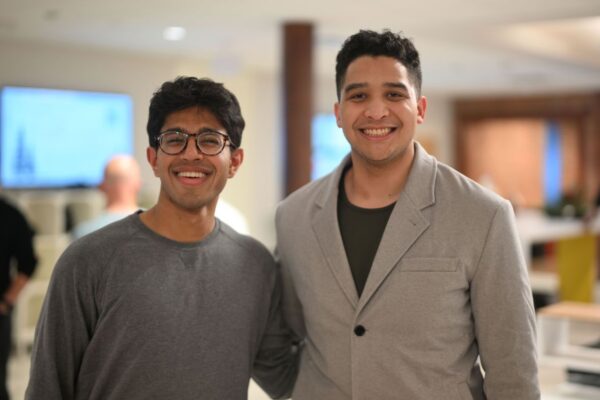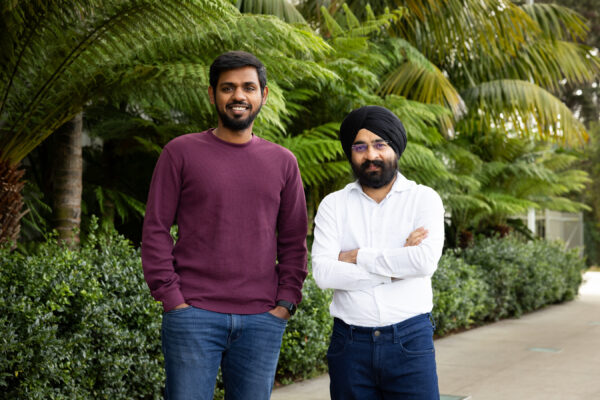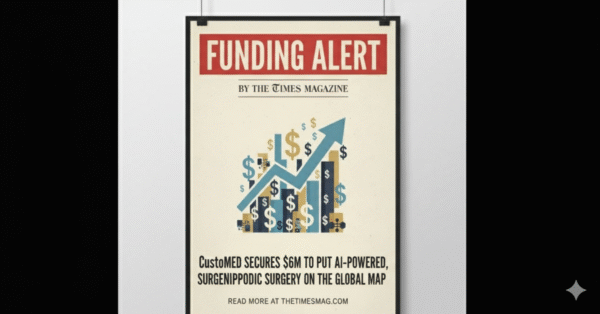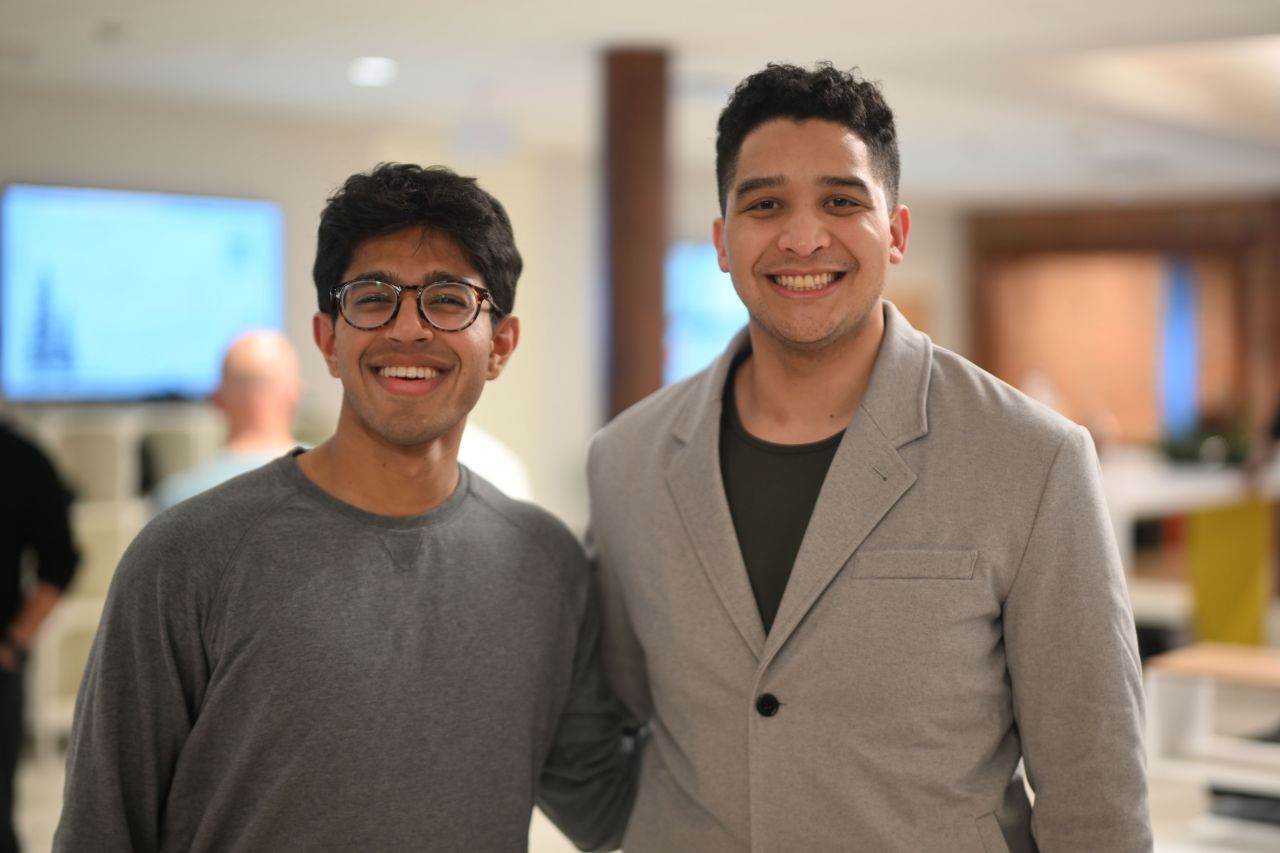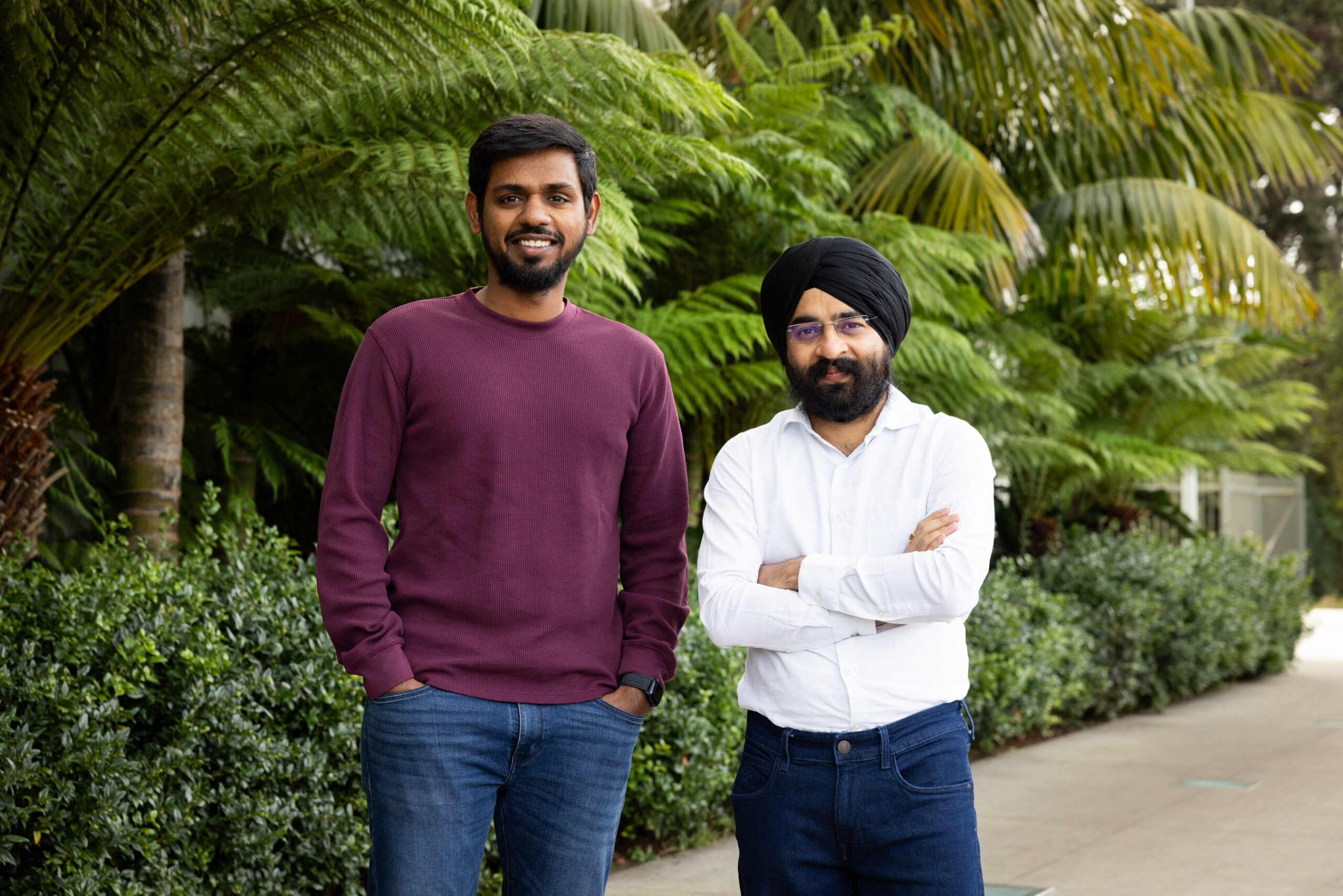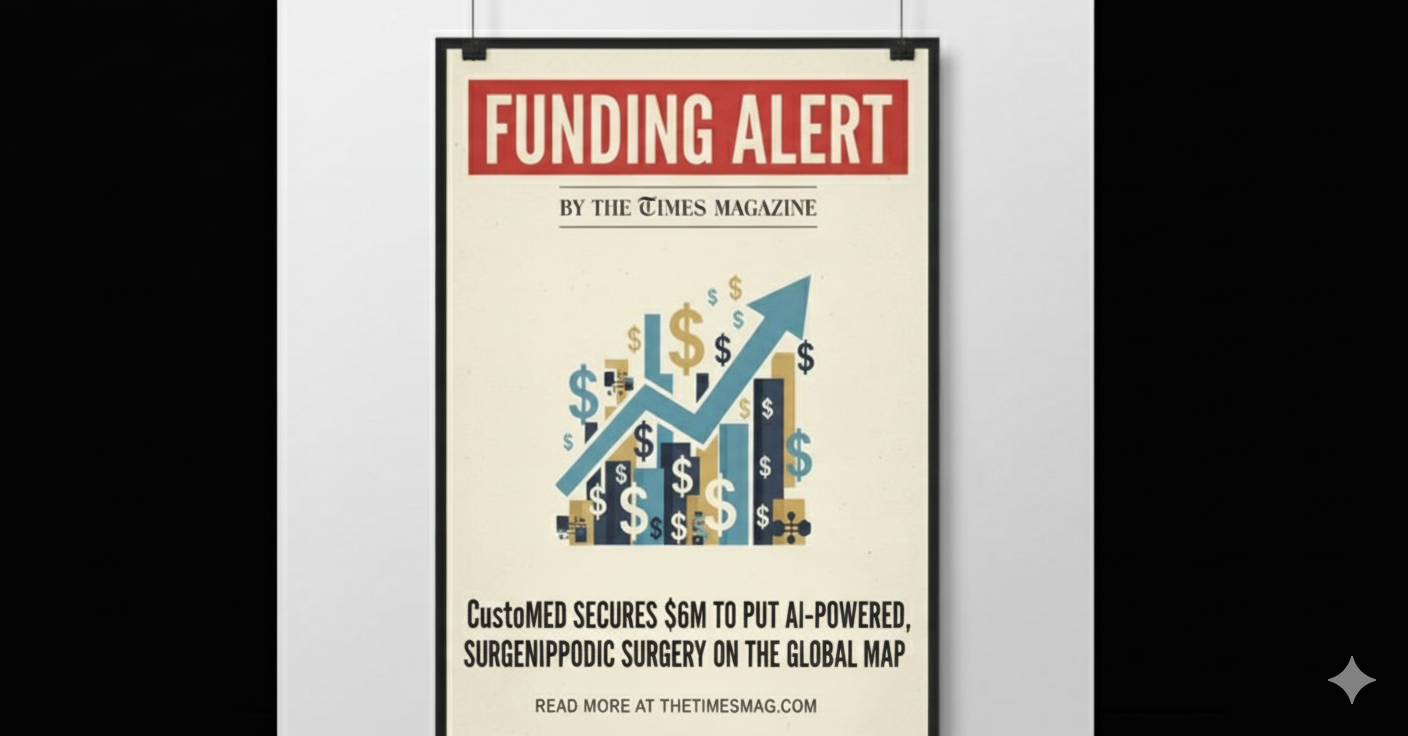As neurological disorders like Parkinson’s and dementia surge globally, healthcare systems are grappling with the growing challenge of timely diagnosis and sustained patient management. Enter Kneu Health, a precision neurology startup that is redefining how these conditions are monitored and managed—leveraging nothing more than a smartphone and sophisticated AI. With a freshly closed $5.6 million seed round, co-led by Oxford Science Enterprises and Cedars-Sinai, Kneu is poised to scale its groundbreaking platform across the U.S., promising a shift from episodic to continuous neurological care.
At its core, Kneu’s platform builds on over a decade of Oxford University’s longitudinal research and vast datasets comprising more than 500,000 digital measurements from upwards of 1,400 patients across the NHS and American health systems. Its AI models analyze speech patterns, motor function, and cognitive performance via everyday phone interactions, generating predictive biomarkers that identify subtle neurological decline—often before clinical symptoms become glaringly apparent.
The platform’s FDA clearance for Parkinson’s tremor measurement marks a significant milestone, making it the first clinically validated system capable of remotely tracking motor, speech, and cognitive changes purely through smartphone usage. Early clinical deployments underscore the platform’s transformative potential: 67% of monitored patients gain accelerated access to treatment, and data-driven insights have influenced medication adjustments for more than half. Patient-reported outcomes further highlight gains in self-management and independence, with up to a 30% improvement in knowledge and confidence.
Kneu’s impact extends beyond individual care. Pilot programs within NHS Trusts demonstrated a 30% increase in care efficiency, a notable reduction in emergency admissions, and the ability to pivot Parkinson’s care from reactive interventions to proactive planning—saving the equivalent of 1,000 hospital bed days at a single provider. These metrics underscore not just improved health outcomes, but meaningful cost savings and operational enhancements in strained health systems.
“We’ve spent the last two years proving that remote monitoring can transform neurological care. Clinicians are getting clearer insight without added workload, patients no longer face months of uncertainty between visits, and gain confidence that changes will be recognized rather than missed,” said Caroline Cake, Co-founder and CEO of Kneu Health. She emphasized that the new funding round comes at an opportune time, as health systems are ready to move beyond temporary fixes toward embedding continuous neurological care as core infrastructure accessible via everyday smartphones.
Kneu’s expanding footprint in the U.S. includes initial contracts with influential institutions such as Cedars-Sinai and Mass General Brigham, as well as involvement in the Global Incubator Programme at Texas Medical Center Innovation (TMCi). The startup is not only bridging the gap between data and clinical practice but also addressing the critical shortage of neurologists by enabling remote, scalable monitoring without additional hardware or staffing demands.
“Neurology has had plenty of algorithms. What it has lacked is longitudinal signal that clinicians can trust and act on inside real workflows,” remarked Joel Schoppig, Health Tech Investment Principal at Oxford Science Enterprises. “Kneu has turned everyday phone interactions into a clinically governed measurement layer that scales across populations. It’s laying the foundation for a reference dataset and platform that raises standards of care and finally aligns with hospital and payer economics.”
Nirdesh Gupta, Managing Director of Cedars-Sinai Technology Ventures, echoed this sentiment: “The strength of Kneu’s approach is how rigorous science is carried through into day-to-day practice. By giving neurologists longitudinal signal between visits, the platform reduces avoidable appointments and sharpens focus on the cases that matter most.”
Beyond the Headlines: What Kneu Health’s Rise Signals for Neurology and Digital Health
Kneu Health’s emergence and recent funding milestone illustrate a critical inflection point in neurology—a specialty long plagued by episodic care models and limited patient touchpoints. The ability to monitor neurological health continuously, unobtrusively, and remotely could recalibrate disease management paradigms, enabling earlier interventions that slow progression and improve quality of life.
Moreover, Kneu’s approach demonstrates a rare alignment of clinical validation, user-centered design, and scalable infrastructure. Unlike many digital health solutions that struggle with clinician adoption or reimbursement, Kneu’s platform integrates seamlessly into workflows, empowering neurologists with actionable data rather than overwhelming them with noise.
From a market perspective, the convergence of an aging global population, rising neurodegenerative disease burden, and healthcare workforce shortages creates fertile ground for solutions like Kneu’s. Its success could inspire similar innovations across chronic neurological conditions, reinforcing continuous intelligence as the future norm in specialized care.
The challenge ahead lies in broadening adoption beyond elite health systems and NHS Trusts, integrating with payer models, and navigating regulatory landscapes in diverse geographies. If Kneu navigates these successfully, it stands not only to scale commercially but to become a vital cornerstone in neurodegenerative disease management worldwide.
If you need further assistance or have any corrections, please reach out to editor@thetimesmag.com.

